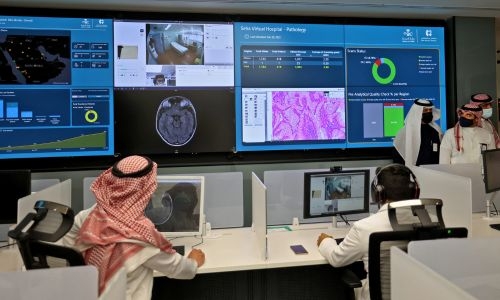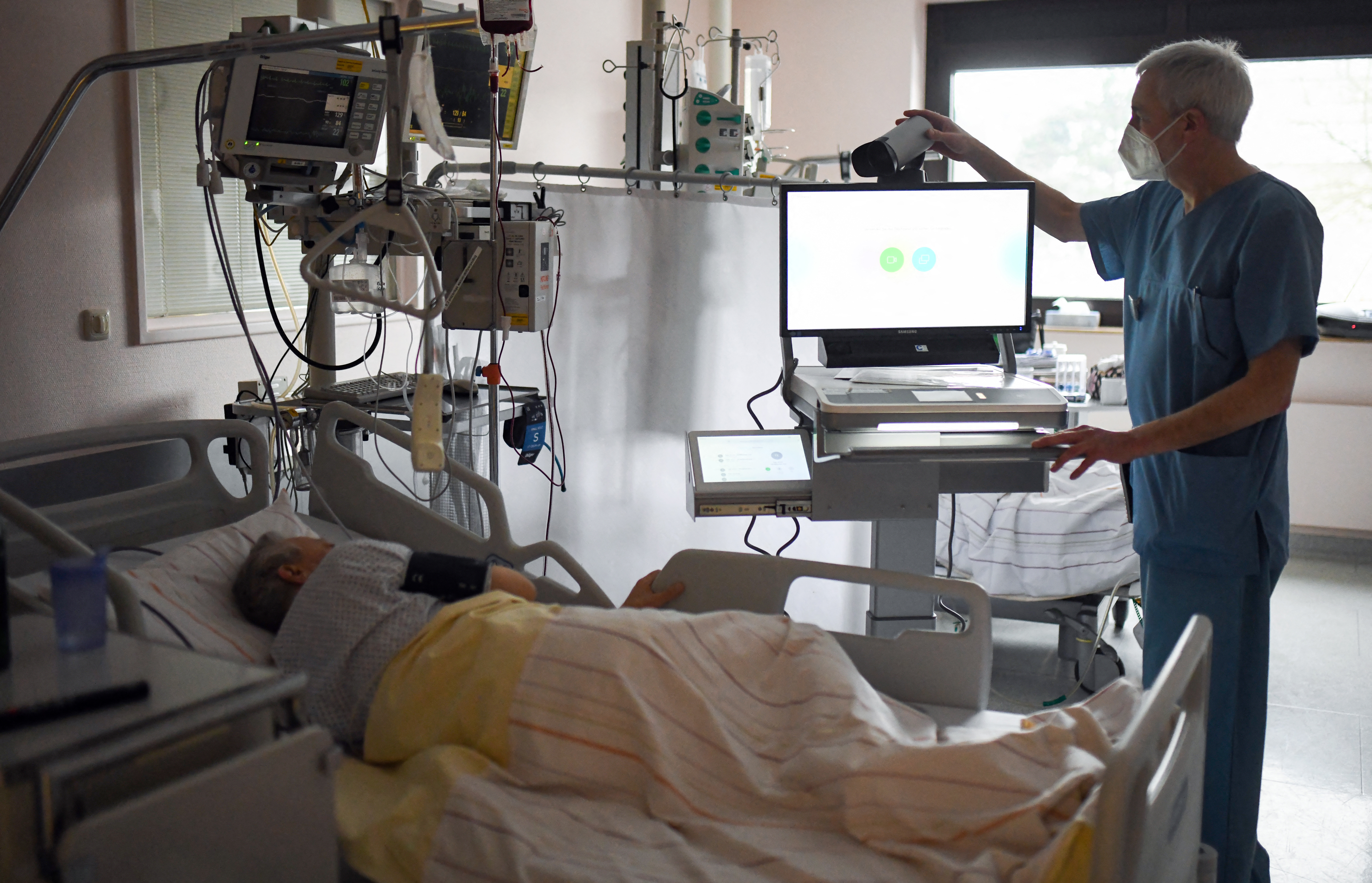Bahrain MPs propose game-changing legal framework for Telehealth revolution
TDT | Agencies
The Daily Tribune – www.newsofbahrain.com
Lawmakers in Bahrain are poised to inject new vigour and direction into the kingdom’s rapidly advancing Telehealth market with a proposal to establish a legal framework ensuring accountability. Experts say the move, critical to shaping a new paradigm in medical services, is expected to unleash the full potential of the Telehealth market in the Kingdom. Telemedicine is legally allowed in Bahrain, as per the National Health Regulatory Authority.
This transformative approach today aims at bringing accountability and establishing a framework for practicing the profession safely, thereby extending the reach of citizens and residents beyond traditional clinics. It allows medical professionals to interact with patients virtually, transcending geographical barriers.
Driving the change will be Bahrain's expanding digital infrastructure and widespread access to smartphones. It’s worth noting that the recent coronavirus (COVID-19) pandemic has accelerated the adoption of telehealth services worldwide. Once approved, it will be mandatory to obtain a licence to offer telemedicine services in the Kingdom. It also projects the NHRA as the sole authority responsible for deciding cases where telemedicine is not allowed.
Telehealth, a term encompassing telemedicine and telecare, refers to the application of digital communication and information technologies to provide remote healthcare services and consultations. Bahrain is not alien to this concept, but the talks today aim at giving this industry, projected to exhibit a growth rate of 25.30% during 2023–2028 in GCC, a more organised setup in the Kingdom. MPs say the move aims at providing healthcare services to citizens and residents conveniently, as well as enhancing disease prevention measures.
Today’s discussions will focus on a report by the Shura Council Services Committee during the Council’s ninth session of the second legislative term.
Shura Council members Dr Jameela Mohammed Redha Al Salman, Dr Jihad Abdullah Al Fadhel, Dr Ibtesam Mohammed Saleh Al Dallal, Ali Abdullah Al Aradi, and Hala Ramzi Fayez tabled the proposal. The committee’s recommendation is to pass the proposal into law.
Upon approval, the law will bring into existence a legislative framework and legal system for telemedicine in Bahrain, governed through licenced healthcare institutions. The NHRA will be responsible for establishing rules, regulations, and procedures for practicing telemedicine services.
This will include the criteria for granting, renewing, and revoking licences, as well as the necessary conditions for licence applicants. It will be the authority responsible for dealing with violations of licencing conditions or related laws for medical consultations, diagnosis, prescription, monitoring patients, disease symptoms, treatment side effects, medical tests, and discussion of results.
Investing surplus fund by sports institutions
The Council will also discuss a proposal for amending Article (18) of Decree Law No. (21) of 1989, which issued the Law on Associations, Social and Cultural Clubs, and Private Bodies Operating in the Field of Youth, Sports, and Private Institutions. This proposal was submitted by members: Dr. Ibtisam Muhammad Saleh Al-Dallal, Jamal Muhammad Fakhro, Sadiq Eid Al Rahma, Dr. Muhammad Ali Hassan, and Dr. Hani Ali Al-Saati. The committee’s recommendation is to endorse the proposed law. The primary objective is to empower associations with the authority to invest their surplus funds, generating profits that can enhance their financial resources.
This, in turn, aims to fulfil the purposes for which these associations were established. It is crucial to note that such investments should not involve financial speculation or dealings in high-risk investment instruments.
Additionally, the proposed amendment specifies that the association’s activities must remain within the local market, with no expansion into foreign markets. The scope of the amendment is confined to limiting investments within the local market of the Kingdom of Bahrain.
Related Posts


